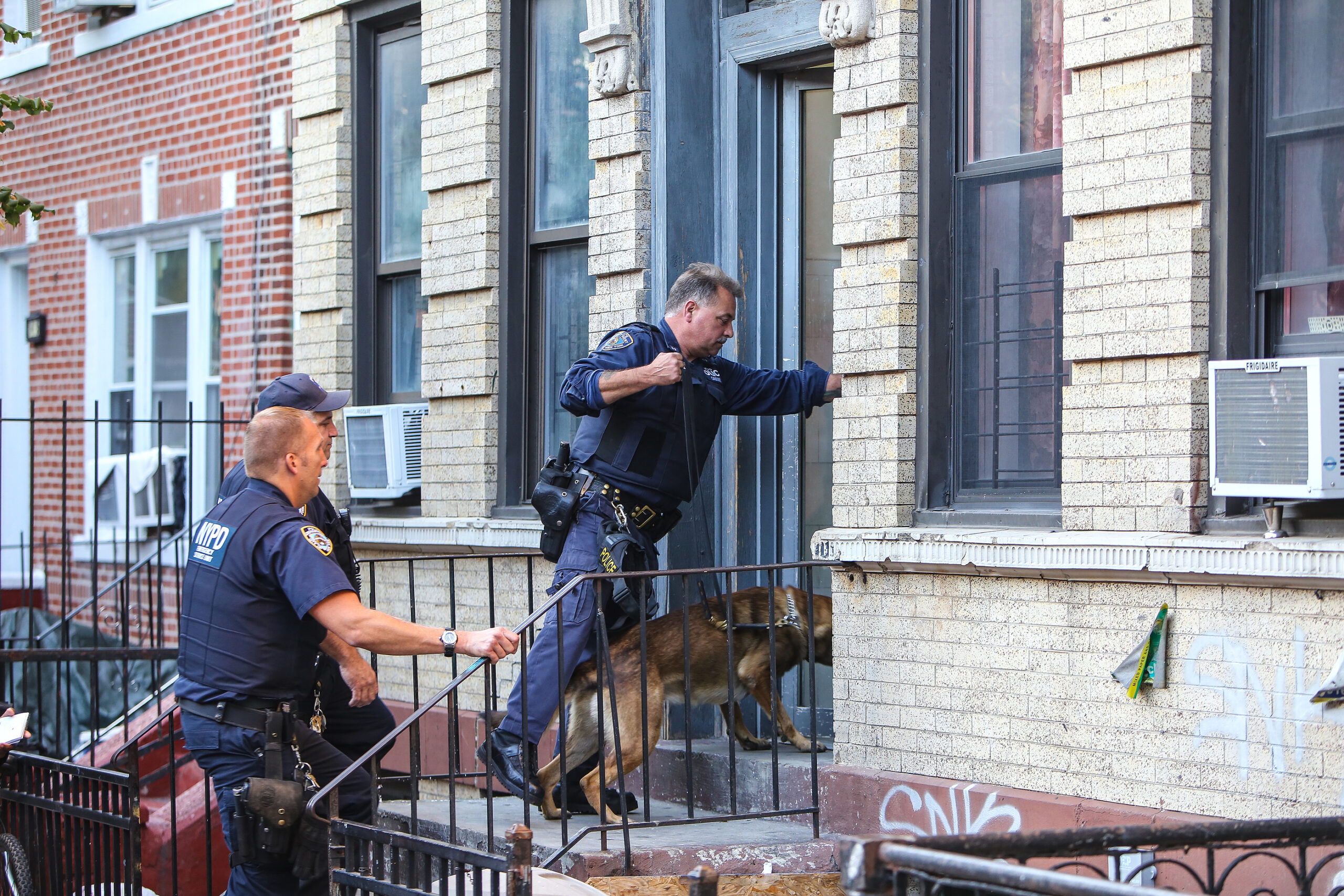What is Homicide in Florida?
The State of Florida recognizes any act involving the death of another person as homicide. However, depending on the circumstances of the case, not every act of homicide is a criminal charge. While some deaths may be deemed justifiable, most others are considered crimes that vary in degree and severity.
What are Types of Homicide?
The following charges are all considered to be homicides:
- First-degree murder
- Second-degree murder
- Third-degree murder
- Manslaughter
Each of these charges establishes its own set of requirements that must be satisfied for the conviction of the homicide.
First Degree Murder
Murder is considered to be the unlawful killing of another human being. The degree of murder is determined by how the murder was carried out. According to Flordia law, homicide is a first-degree murder charge when the killing was carried out with intent and prior thought or planning, also known as premeditation.
A homicide may also be charged in the first degree if the murder was committed while committing another crime. In this instance, the perpetrator may face first-degree murder charges for the death of the person killed during the course of a different crime despite the intention to carry out the murder. Examples of felony murder include:
- Aggravated child abuse
- Aggravated stalking
- Arson
- Burglary
- Carjacking
- Distribution of controlled substances
- Kidnapping
- Resisting officer with violence
- Sexual battery
- Others
First-degree murder is viewed as a Capital Offense in the State of Flordia and carries only two possible sentences: Death or Life without the possibility of parole.
Second-Degree Murder
Second-degree murder is when a death is perpetrated by an act that is done by a depraved mind without premeditation and regard for human life.
Accomplice second-degree felony murder occurs when a person assisted another person who killed a human being while engaged in committing or attempting to commit any of the following felonies, regardless of whether the death was intentional:
- Aggravated child abuse
- Aggravated stalking
- Arson
- Burglary
- Carjacking
- Distribution of controlled substances
- Kidnapping
- Resisting officer with violence
- Sexual battery
- Others
It is the duty of the prosecutor to prove beyond a reasonable doubt that three elements have occurred in a second-degree murder case:
- The victim is deceased
- Death resulted from a criminal act by the defendant
- The killing happened due to an act that was known to be imminently dangerous to another and demonstrated a depraved mind without regard for human life.
Second-degree murder is considered a first-degree felony and is punishable by a minimum of 16 years or up to life in prison, life on probation, and up to a $10,000 fine.
Any person found guilty of using a firearm to commit second-degree murder must serve a mandatory minimum sentence of 25 years in prison.
Third-Degree Murder
Third-degree murder occurs when a person is unintentionally killed during the commission of a non-violent felony, such as burglary, kidnapping, trafficking, arson, and more.
A notable exception to the non-violence clause is when a death is caused by ingesting drugs provided by a person other than the deceased. These cases warrant a charge of first-degree felony murder.
Third-degree murder is penalized by up to 15 years in prison, 15 years of probation, and up to a $10,000 fine.
Manslaughter
Manslaughter can be categorized in three ways:
- Voluntary Manslaughter or Manslaughter by Act: This is when an intentional act was committed, which was neither justified nor excused, that results in the death of another.
- Voluntary Manslaughter or Manslaughter by Procurement: This is when an individual is persuaded, induced, or encouraged by another person to commit an act that ends the life of another.
- Involuntary Manslaughter or Manslaughter by Culpable Negligence: This is when a person engages in negligent conduct that results in the death of another person.
Manslaughter is penalized as a second-degree felony in Florida, and punishments include up to 15 years in prison, 15 years of probation, and up to a $10,000 fine.
If a jury determines that a weapon or firearm was used during the commission of the Manslaughter, then the crime will be considered a felony of the first degree. Therefore, manslaughter with a weapon or firearm is punishable by up to 30 years in prison, 30 years of probation, and up to a $10,000 fine.
What are Common Defenses to Homicide?
Pretrial and trial defenses may be raised in any criminal case. More specific defenses to homicide are provided below.
Excusable Homicide
Under the following three circumstances, the killing of a human being is considered excusable and lawful;
- When death results from an accident in doing any lawful act by lawful means when ordinary caution was used and without any unlawful intent.
- When death results from an accident in the heat of passion, with sudden and sufficient provocation, or
- When the death results by accident from a sudden combat, if no dangerous weapon was used and the killing was not carried out in a cruel or unusual manner
Justifiable Homicide
When a death occurs while resisting an attempt by someone to kill another or to commit a felony against another, then it is considered justified.
Self Defense
Known as the justified use of deadly force, self-defense is a common defense to First-degree murder. Self-defense allows a person to use even up to deadly force to protect one’s person, property, or another person, as long as the force used is equal to the threat faced.
Do I Need an Attorney?
Homicide charges are not treated lightly. If you or your loved one has committed an act of homicide, your first call should be to Panella Law Firm at 407-233-1822 or fill out a contact form for a free consultation.




